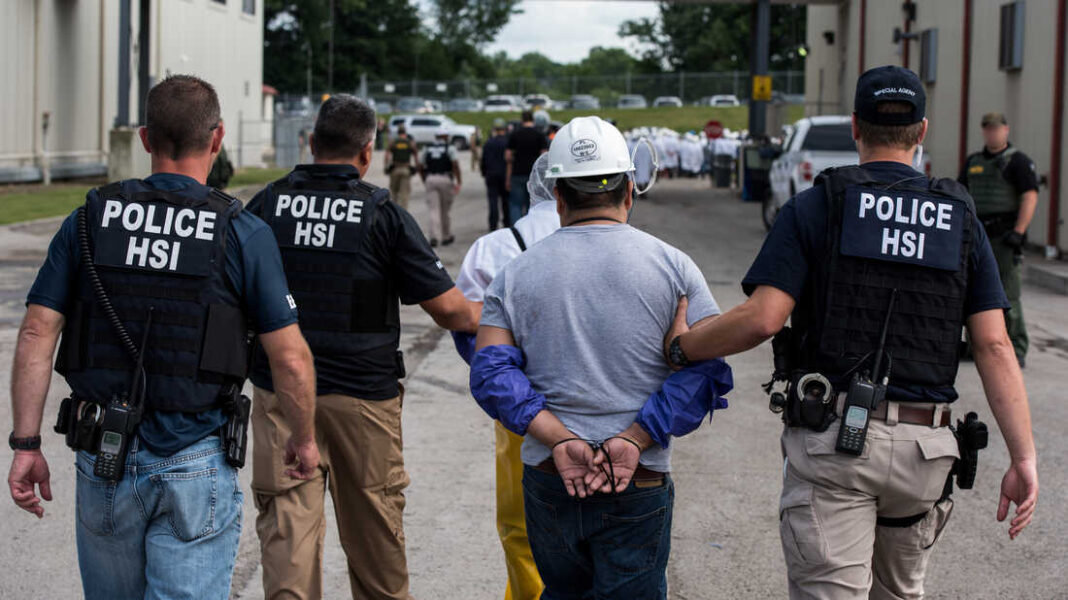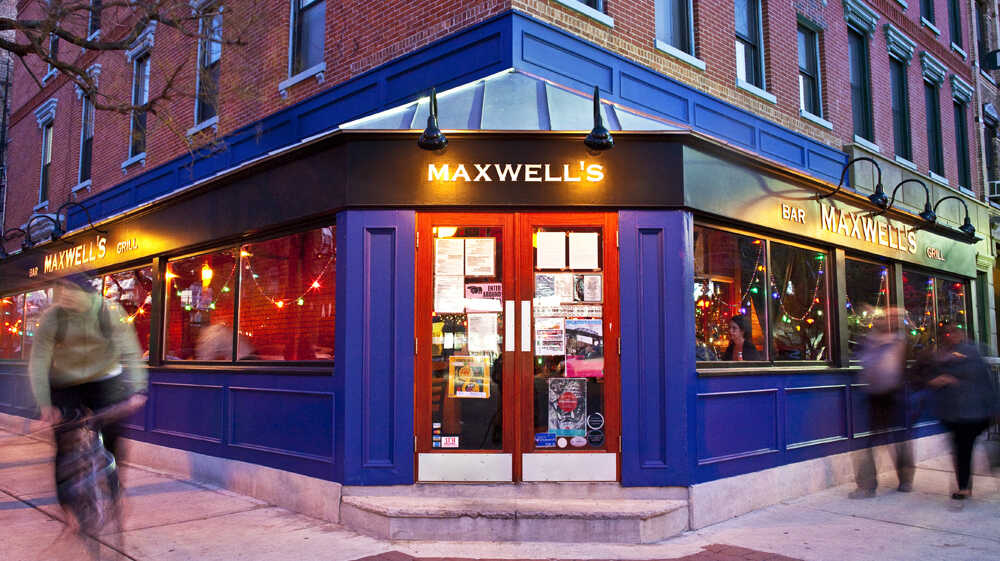In recent months, federal immigration enforcement operations in New Jersey have been affecting industries that traditionally rely on immigrant workers. Business owners, labor advocates, and local officials report that both actual raids and rumors of Immigration and Customs Enforcement (ICE) activity have led many immigrant workers to avoid their jobs, creating labor shortages in sectors such as landscaping, agriculture, hospitality, and construction.
Employers in towns like Dover say the problem is becoming more severe. Some workers are either detained, lose their legal protections, or choose not to report to work out of fear of being targeted. With nearly 475,000 undocumented immigrants estimated to live in New Jersey, the impact is felt across a range of industries, from childcare and cleaning services to large-scale farming and warehouse operations.
Recent Enforcement Actions
Recent enforcement actions have included a July raid at Alba Wine and Spirits Warehousing and Distribution in Edison, where 20 individuals were arrested, and another operation in Princeton that resulted in 15 detentions. According to federal data compiled by Syracuse University’s Transactional Records Clearinghouse, the number of immigrants held in detention facilities nationwide rose to nearly 57,000 by mid-July, compared to 39,000 in January. This marks the highest level since August 2019, during Donald Trump’s first term.
President Trump has renewed calls for large-scale deportations, a plan that could remove millions of people living in the U.S. without legal status. The administration has also drawn attention with proposals such as “Alligator Alcatraz,” a migrant detention facility in Florida, and efforts to challenge birthright citizenship laws in court. Meanwhile, some immigrant advocates have expressed concern about racial profiling, though the Department of Homeland Security has denied those claims.
Economic Stakes for New Jersey
New Jersey’s economy has significant immigrant participation. About 29% of its workforce is foreign-born, and immigrants own nearly half of the state’s small businesses. The Economic Policy Institute estimates that deporting millions nationwide could shrink New Jersey’s workforce by more than 230,000, including 67,000 in construction alone.
Labor shortages have already caused problems in agriculture, with experts warning that planting, maintenance, and harvesting could be disrupted if there are not enough workers. In construction, contractors have reportedly cut pay and increased hours for remaining undocumented laborers. Union leaders say similar patterns are seen in custodial and service jobs at airports, schools, and large venues when workers lose Temporary Protected Status or other authorizations.
Industry Response and Uncertainty
Industry associations in New Jersey, such as the Restaurant and Hospitality Association and the Landscape Contractors Association, have begun offering resources and training to help members understand employment verification requirements and prepare for possible audits. Immigration attorneys advise employers and workers to be aware of legal obligations and rights.
While the federal government has alternated between promising to shield certain industries and asserting that no sector will be exempt from enforcement, the uncertainty has left many New Jersey businesses struggling to maintain operations and many immigrant workers fearful of returning to their jobs. The ongoing raids, detentions, and policy changes continue to shape the state’s labor market and economic stability.


